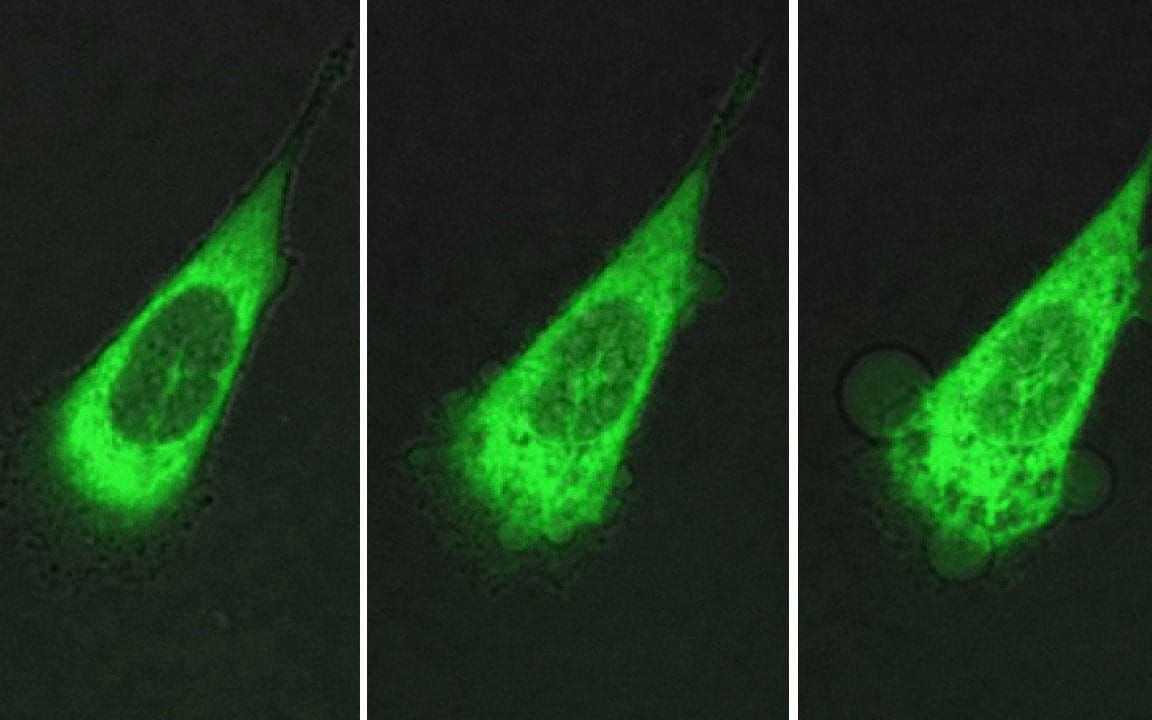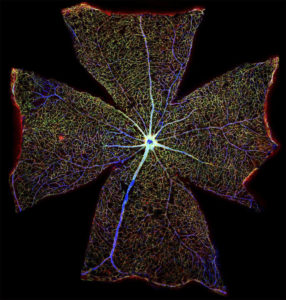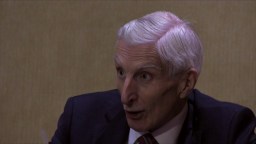Hard Science
All Stories
A recent DNA analysis shows that a skeleton found in a famous Viking grace belonged to a female warrior.
All science begins with a leap of intuition, says Richard Dawkins, but we can only ever find objective truths by knowing when to let evidence take over from emotion.
▸
4 min
—
with
This could end the days of suffering through cancer treatment.
What do you make of the image above? Day Glow slippers under a black light? Colorful sleeping bags for a trio of Minions? March of the Radioactive Penguins? Of course, it’s none of the above.
They’re 3 billion light years away, but their collision can lead to answers to really big questions.
There’s only one guy on this whole planet who’s done both. He tells us what it’s like to experience two of the most extreme feats.
▸
3 min
—
with
Does happiness require a rebellion against evolution?
Scientists solve the mystery of an ancient Babylonian tablet, rewriting history. They think the tablet has much to teach us.
Albert Einstein’s famous thought experiments led to groundbreaking ideas.
ORBITER was in the path of totality for the solar eclipse, and on our way, we were joking about which of us might scream. Turns out, how could you not?
▸
with
It’s an incredibly exciting time to be alive, especially if you’re an explorer. We may have been to almost every point on the globe, but there is so much left to understand.
▸
7 min
—
with
A new study shows how one dietary change in the U.S. could make a 46%-plus dent in greenhouse gas reductions.
Lord Martin Rees, a world-leading cosmologist, explains the possibility of multiverse theory. “It’s speculative, it’s exciting science, and it may be true.”
▸
with
Greatest job ever? NASA will pay six-figures to a Planetary Protection Officer.
Ice finally met fire on last night’s episode of Game of Thrones, and their first conversation proved a perfect case study in the distance between power and reality.
New research by Professor Dan Graur shows that only a quarter of the human genome is functional.
Northwestern University researchers discover the unexpected origins of half the atoms in our bodies.
Researchers succeed in an 80-year-old quest to find the elusive “angel particle”.
Scientists discover a counterintuitive property of quantum particles called “backflow”.
Funnily enough, some humans carry one of the very same genes.
Theoretical physicist and cosmologist Lawrence M. Krauss spoke at CSICon 2016 about scientists’ attempt to look back in time to the beginning of our universe.
We’re at risk of mistaking the music for the piano in using a “jump to the gene” approach to biology. It’s time for a more fitting view of genes to evolve.
NASA is close to testing its next-generation nuclear fission reactors that would power a Mars colony and propel space exploration.
Research on ghost sightings reveal underlying manifestations that affect us in weird ways.
Lord Rees on “speculative physics,” the limits of the observable universe, and more.
▸
with
Scientists at GW School of Engineering and Applied Science develop a prototype solar panel that captures nearly double the amount of energy from light.
Chinese scientists accomplish the feat of teleporting a photon to a satellite hundreds of miles above Earth.
It illustrates the dangers of rip currents.
A new study challenges what we understand about the workings of time.
LHC researchers discover a double-heavy set of quarks that may reveal new insights into the strong force.





























